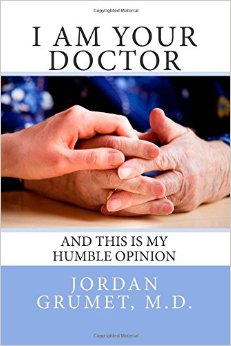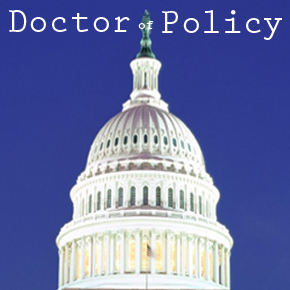Our Responsibility Starts on Day One: A Response to Anesthesiologist Dr. Tiffany M. Ingham, MD
As physicians-in-training, it is tempting to accept that we have no place to stand up to our colleagues or superiors. That we should just hold our tongues, keep our mouths shut, dodging confrontation like the plague. This is false. From the day you received that acceptance letter in the mail, you committed your life to protecting others. What was it uncle Ben said to Peter Parker? “With great power comes great responsibility.” At times, this might mean getting uncomfortable to do the right thing.






